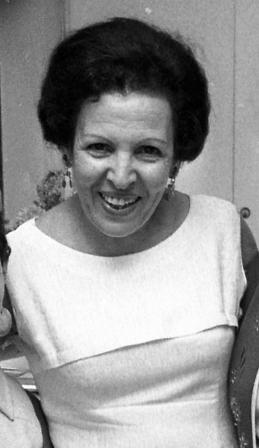David Beyglman, conductor, was born in 1887 in Ostrowiec (Kielce province of Poland). Beyglman began his musical education at a young age, studying several instruments, chiefly the clarinet and the violin. In 1912, he became the director of the Yitskhok Zanberg Yiddish Theater Company. In addition, he was affiliated with the Azazel and Ararat Yiddish Theaters centered in Lodz.
In the winter of 1940, Begylman along with approximately 230,000 other Jewish residents were deported to the Lodz ghetto in the northern Baluty quarter of the city. The ghetto was officially sealed on April 30, 1940, and remained so until its final liquidation in 1944. Cultural activity continued in the early years of the war and of ghetto life, and new forms of musical and theatrical expression were adapted to the harsh conditions of life in the Lodz Ghetto. The Yiddish singer-songwriter took the place of the badhan (wedding entertainer), klezmer (instrumental musician), cantor and meshoyrer (choirboy).
During this time, performers found their stage in the street, the workplace and in the home. In addition, there were many professional concerts and theater shows staged in the House of Culture and in the sports hall of the ghetto’s gymnasium. In the early years of the war, the ghetto's Symphony Orchestra, the Lodz Choral Society Hazamir and the Revue Theater gave regular concerts, many of which were conducted and directed by David Beyglman. The House of Culture was officially closed in the summer of 1942. In all, eighty-five shows were produced in the House of Culture, drawing over seventy-thousand audience members. David Beyglman was deported to Auschwitz in August of 1944.






